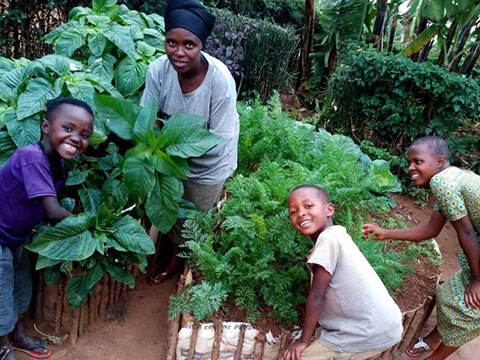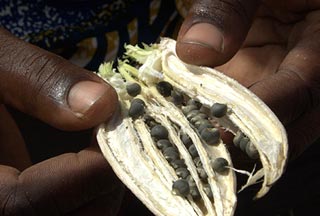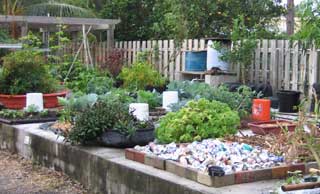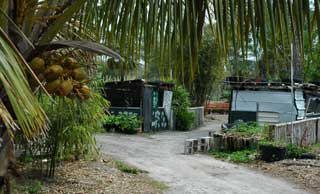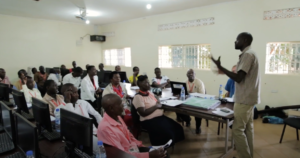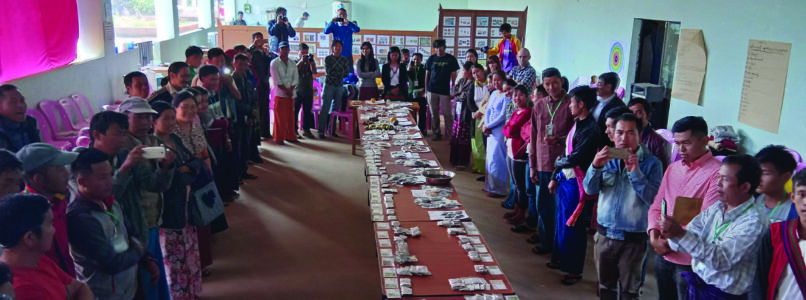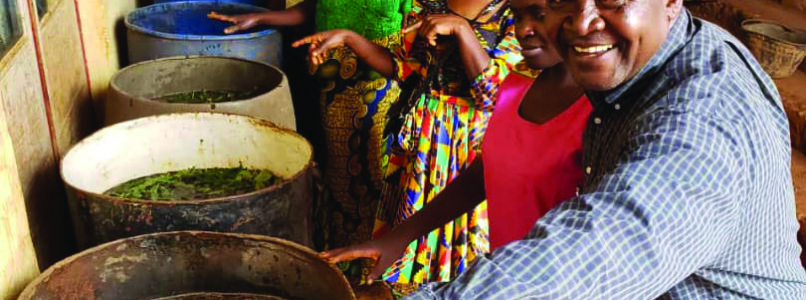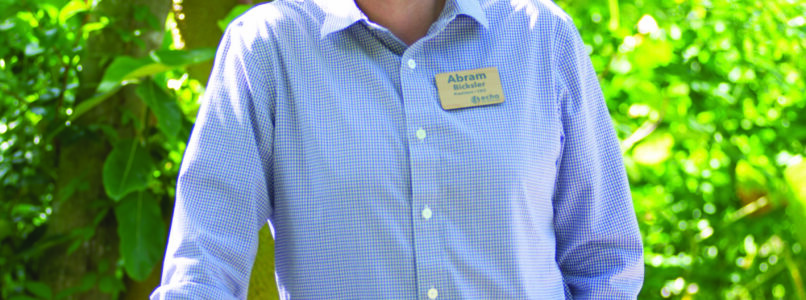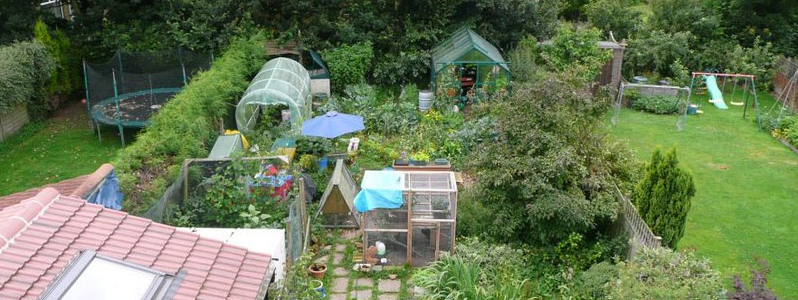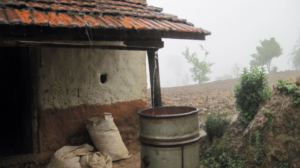In March of 2020, the COVID-19 pandemic shut down Warorot Market in Chiang Mai, Thailand for the first time since a fire in 1968. As one of the busiest markets in the city, many Chiang Mai residents struggled to find food.
Some knew how to eat leafy plants and gather food from the forest, but if the seeds were not saved from the plants they were consuming, in just over three years it would have all been gone.
“I think it’s very important to prepare and encourage more about saving food and saving seeds,” Ratakarn ‘Wah’ Arttawuttikun said, agricultural operations manager of the ECHO Asia Impact Center.
ECHO’s goal to increase food security and serve farmers with locally sourced seeds of the highest quality begins with teaching about the importance of saving seeds, and fighting for seed sovereignty in order for farmers to independently grow their own culturally appropriate and desired food.
“Seed sovereignty is being free,” Faith Juma said, the seed bank manager of ECHO’s East Africa Impact Center. “The farmers being free to use their own seeds, to exchange them, to sell, to their friends or to the people nearby, or to anyone whom they want to share with.”
Currently, four seed companies control over 60% of the seed market. Mass-produced seeds, sometimes genetically modified, can seem appealing to farmers. Instead of trading local seeds, farmers then gravitate towards purchasing from these companies in order to ensure they’re able to provide increased healthy yields.
Additionally, farmers prefer buying seeds for popular crops that are widely consumed. In the markets of Thailand, many shelves have the same varieties of vegetables, and local seeds are declining in numbers as local varieties are not saved for continued planting.
When seeds are cleaned and stored improperly, only about half of them will germinate and grow to a full crop. ECHO workshops teach farmers about simple, scientifically valid techniques, like using vacuum sealers or bicycle pumps to package the seeds and extend their shelf life.
Several international conventions have been working to ensure that farmers’ rights are protected. ECHO works to help farmers build networks of local seed bank managers who can then share, teach seed saving techniques in workshops, and inspire communities start their own seed banks.
“People from Laos, Myanmar, or other countries come here [for training] and then go back and start their own seed banks in their countries,” Paw Danmalidoi said, the seed bank supervisor of ECHO’s Asia Impact Center in Chiang Mai.
ECHO teams share trial seed packets with active development worker, facilitate “seed swaps” when teaching workshops, and disseminate information about what climate and weather conditions work for each crop. Keeping records of trial seeds allow ECHO staff to share valuable information with farmers.
“It’s not only sharing our experience, we are sharing with each other,” Arttawuttikun said. “We learn from the farmer, and the farmers learn from us as well. It’s very important.”
Some of the farmers buying mass-produced seeds aren’t aware of the impact that their purchases will have on the future of farming.
Many seed varieties are going extinct, because they aren’t being planted year after year.
“They’re coming from families where their parents and their forefathers were keeping seeds before them [but don’t any longer],” Juma said. “Some of them were born in urban places, for instance, and they probably haven’t seen how the seeds were stored.”
ECHO’s mission is to break down barriers in agriculture for people around the world to grow their own food in sustainable ways that preserve culture and the environment, and seed sovereignty is just a small part of that. Saving local seeds reduces costs for farmers, helps to preserve climatically adapted crops, preserves local biodiversity and cuisine, and increases food security and nutrition. ECHO is working to ensure local seeds do not get forgotten in formal systems.
Preserving seeds is more than just creating seed sovereignty for farmers — it’s passing seeds from generation to generation, sharing God’s creation and the love of farming to everyone.
Advancing global seed banking is both part of our historical DNA and also one of our new five global goals. Your support of local seed banking globally is urgently needed to resource seed savers around the world!
